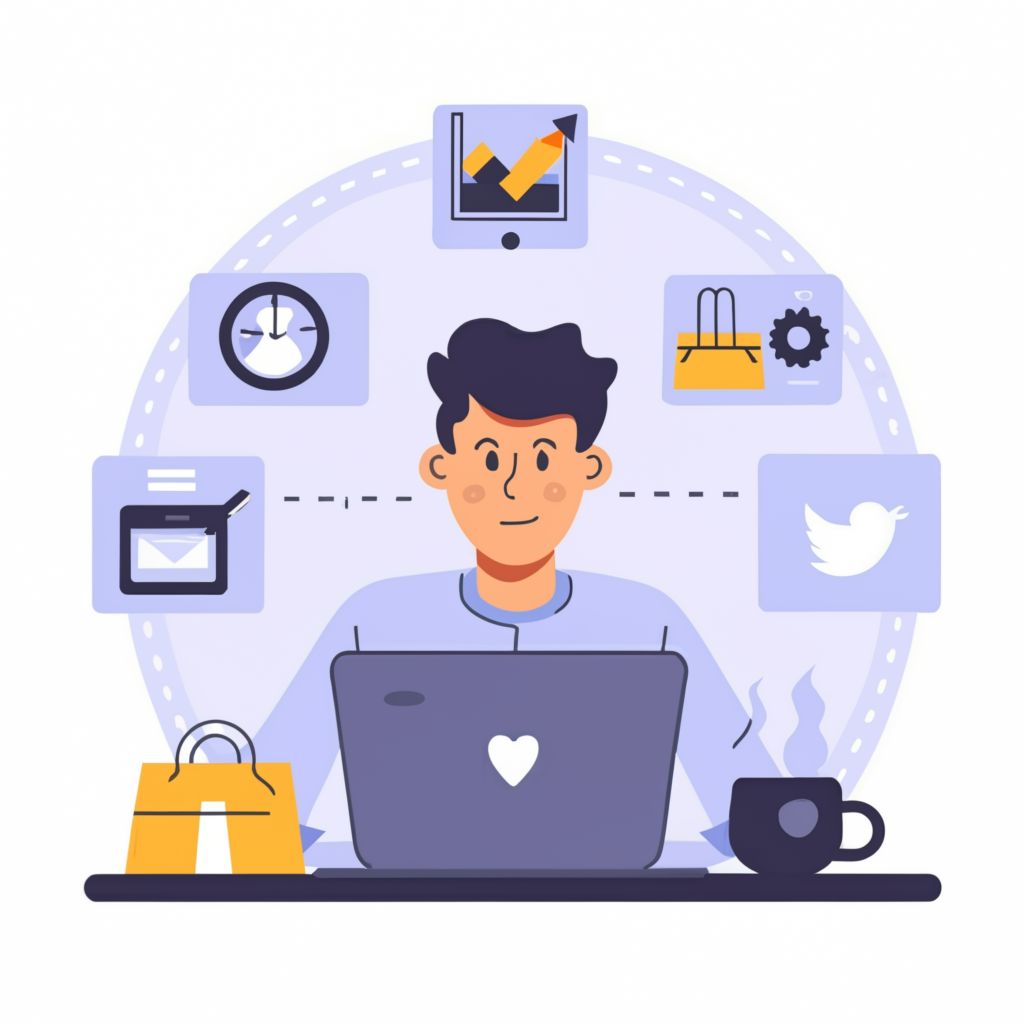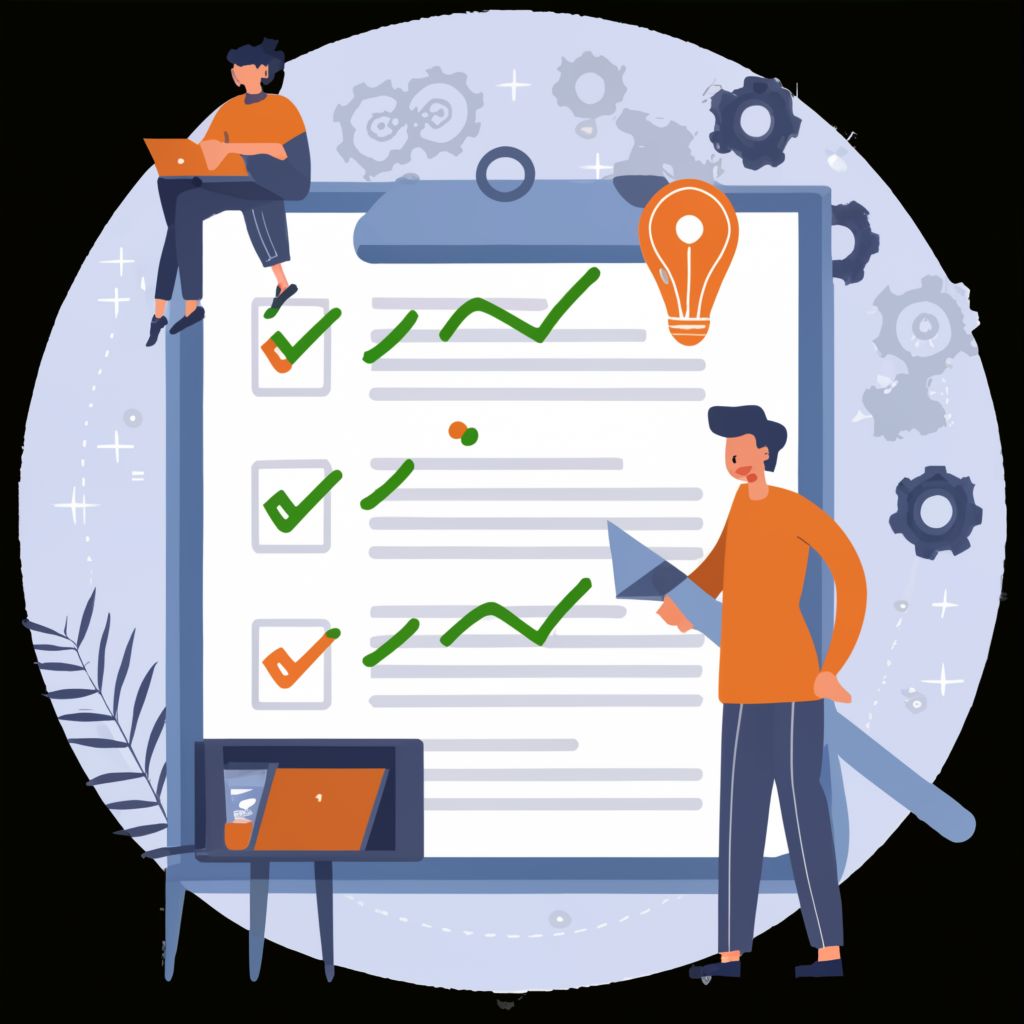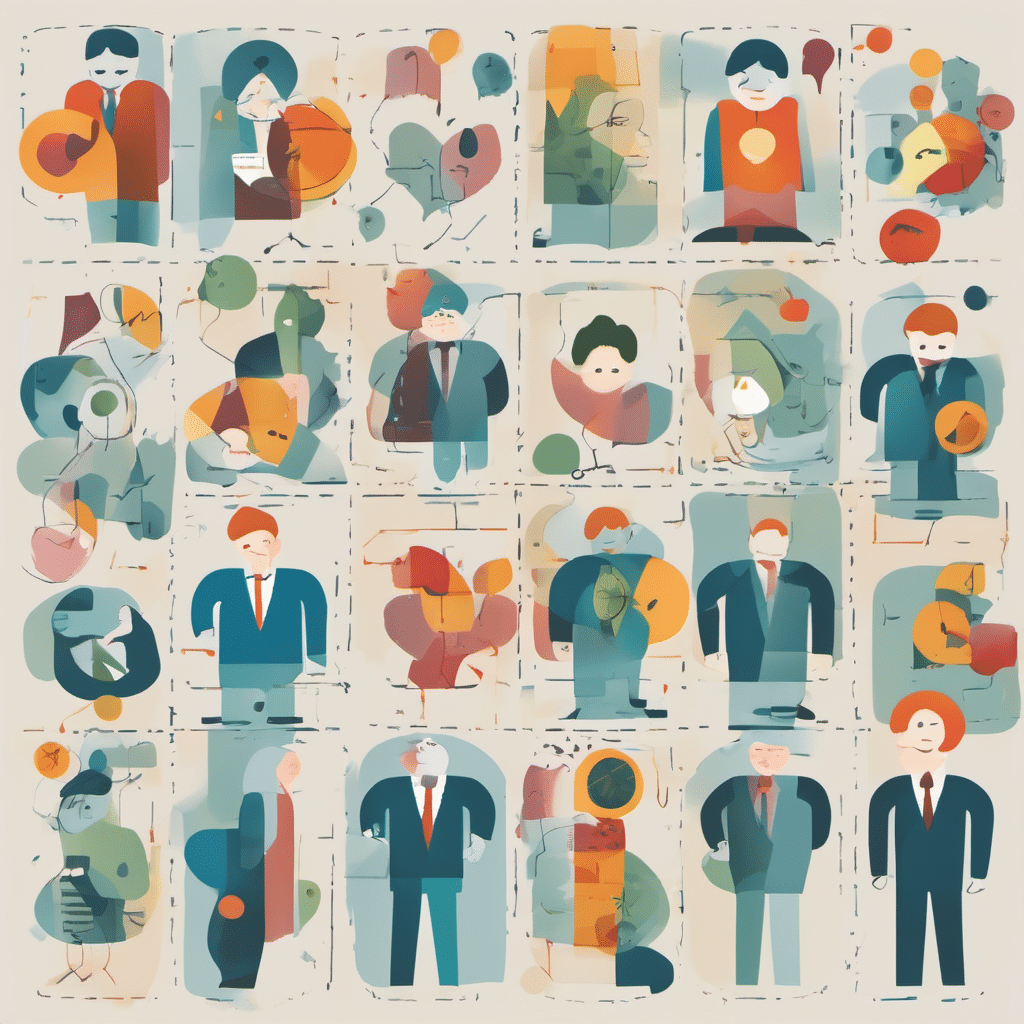We all have an abundance of choices. Every day we’re faced with a ton of them before we even make it to the kitchen for breakfast. Even when choosing something as simple as a shampoo, we need to think about the:
• Brand (premium, mid-range, supermarket’s own) • Scent (coconut, raspberry, vanilla, cinnamon, mint, sunflower, camellia, honey, rose) • Color (red, pink, white, cream, yellow, green, purple, brown, orange, blue) • Added benefits (replenishing, nourishing, volumizing, child-friendly, for dry hair,…)
• Shape of the bottle (straight, oval, rectangle, long, short, fat, thin)
And that’s just to wash our hair. We face the same choice when it comes to conditioner, soap, toothpaste, mouthwash, deodorant and all this before we’ve even left the bathroom.
It’s no wonder, then, that choice overload is becoming commonplace, intruding into our decision-making process and making our lives harder.
What is Choice Overload?
Choice overload is what happens when we’re faced with more possibilities than we can clearly or easily comprehend. It happens when we spend what seems like 6 days deciding whether we want pepperoni, jalapeños, peppers, chicken, chili chicken, tandoori chicken, bacon, extra cheese, sweetcorn, onion, beef, meatballs, salami, mushrooms, ham or pineapple on our pizza.
The confusion, apprehension, anxiety, and indecision we feel when faced with an abundance of choice are all symptoms of choice overload.
When we experience this overload in life, we sometimes might not consciously realize it. However, if a customer experiences this on your website, you certainly will.
The Effects of Choice Overload on Sales
There are many negative side-effects when your customers face the dreaded experience of choice overload, each having an undesirable impact on your sales.
Here are some of the issues your customers could be facing and how you can help them make better choices.
1) Customers buy less
Sheena Iyana in her famous jam experiment found that the more choice we have, the harder it becomes to, not just make the right choice, but to make any choice at all. Iyana proved that when we’ve got too many options to consider, we’re more likely to defer our decision making or give up on choosing entirely. Barry Schwartz, the author of The Paradox of Choice, identified this phenomenon as ‘analysis paralysis’.
The more customers experience this sensation on your site, the more damage you’ll be doing to your sales.
2) Customers put less thought into choices
When experiencing choice overload, sometimes people make flippant decisions – choices that don’t really match their specific need but are simply easier to choose.
In a study conducted by Alexander Cherney, Ph.D., it was found that when people were given a choice of different variants of the same branded toothpaste, people would rather avoid the pain of having to decide altogether and opt for a brand with only one option.
Richard Thaler and Cass Sustain in their book, Nudge, stress that people ‘go with the flow’ and that, through setting default choices, such as cell phone networks automatically enrolling new customers onto paperless billing, companies can increase sales or save money. The difficulty with setting defaults whilst trying to increase sales is that it’s harder to match a default product to a specific, personalized need.
If customers opt out of the thought process, pick the default or simply just choose any option, there’s far less chance that they’ll be satisfied with the result.
3) Customers reduce their own satisfaction
Renata Saleel highlights that because choice is linked to risk, making choices can be anxiety provoking. When we make a choice, it’s all too easy to imagine that there’s a better alternative out there. This means that customers, even when they do make a purchase, can feel immediately dissatisfied, even if that theoretical better alternative doesn’t really exist. This means that choice overload can affect your relationship building with new customers and the loyalty of existing ones.
If customers leave your website having felt unsatisfied with their purchase, then there’s less chance they’ll come back again in the future and more chance of them seeking out your competition to find that imagined better alternative.
4) Customers provide negative reviews
With 71% of people being more likely to make a purchase through a social media referral and online reviews proven to increase sales by up to 13%, it’s never been more important to build a positive reputation online. It’s essential to building trust with new and existing customers and to securing long term sales.
If customers are being left dissatisfied through feeling the side effects of choice overload, then it follows that more will leave worse feedback about their purchase, and the website they made it on. This could be not just hurting your current sales figures, but it could hurt future ones as well.
What you can do about it
The first port of call for any business selling products or services to people should be to address the level of choice that exists on your site. Reducing complexity and narrowing choice can boost revenues by 5-40%. For example, Head and Shoulders stripped back its product offering and increased sales by 10%, so you should certainly start there. And to make it easier for customers to make the right choice, you need to improve the shopper decision-making process.
Contact zoovu to find out how digital sales assistants help you reduce overload and guide every shopper to the perfect product.
Image credit: https://www.flickr.com/photos/bruchez
Take your customer experience to the next level.
No hassle. Easy setup. Quick results.




